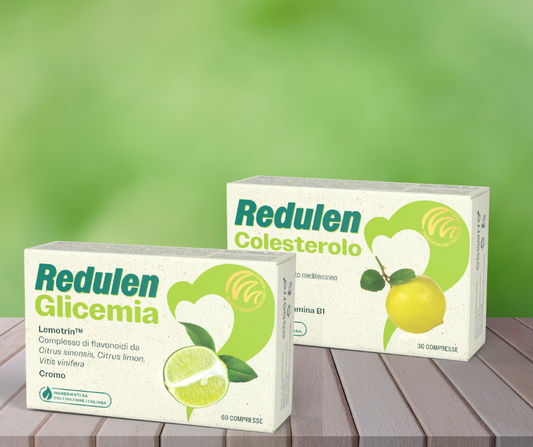Improving fertility and achieving parenthood is a common goal for many couples, and understanding the factors that can influence reproductive health is essential.
Tips to improve male fertility
Healthy diet
Consume a balanced diet rich in antioxidants, vitamins and minerals is essential. Foods rich in vitamins C, E, zinc and folic acid have a positive effect on the motility, vitality and health of the sperm.
A positive correlation between the Mediterranean diet and sperm quality has been highlighted in literature. So, green light to the consumption of vegetables, legumes, fruit (including dried fruit), seeds, whole grains, fish (preferably small) and extra virgin olive oil. These represent the main food sources of molecules with anti-inflammatory and antioxidant action capable of counteracting oxidative stress that can alter gametogenesis, causing high frequency of damage to DNA.
Watch your weight and stay active
Obesity and being overweight cause an increase in temperature in the testicles, which can have negative effects on sperm quality and negatively affect fertility. Do moderate physical activity helps maintain a healthy weight, which is linked to better sperm quality. Plan aerobic activity (such as walking, running, etc.) to moderate intensity 30-60' 3-5 times a week and combine progressive training with overloads (weight lifting).
Avoid smoking, drugs and limit alcohol
Smoking is harmful not only to general health, but also because it is associated with an increased risk of sexual dysfunction in later life and a reduction in reproductive capacity due to direct effects on spermatogenesis.
On the other hand, alcohol consumption can reduce testosterone levels in the blood and in the long term can cause irreversible testicular atrophy. The use of drugs and anabolic steroids also plays a significant role in compromising reproductive function.
Manage stress
High levels of stress can affect sperm quality and changes in hormonal status. Learn to manage it through techniques such as meditation, yoga or hobbies.
Reduce exposure to environmental toxicants
These substances can cause numerous epigenetic changes through alterations in DNA methylation processes. Chronic exposure to low doses of pesticides, heavy metals and industrial chemicals can cause interference with the endocrine and reproductive systems. Use personal protective equipment if exposure is unavoidable; choose organic products when possible and perform periodic andrological visits to monitor the effect of these chemicals on reproductive health.
Regular check-ups
Regular health checks can detect problems early. Additionally, some medications can affect fertility, so you should consult your doctor.
Tips to improve female fertility
Diet
In general, the literature shows how the Mediterranean diet , based on the consumption of whole grains (in order to minimize insulin fluctuations); white meat, eggs and legumes; low-fat milk and dairy products; fish and dried fruit (sources of omega-3); fresh fruit and vegetables (sources of vitamins, minerals and fiber), EVO oil, represents the food model with a positive impact on fertility. These measures can be combined with the integration of folic acid, vitamin B12, zinc and antioxidants.
Regular physical exercise
Maintaining a correct body weight, adequate physical activity combined with a healthy diet can positively influence fertility. It is advisable to do at least 150 minutes of physical activity (walking, dancing, swimming etc..) at moderate intensity every week (or 30 minutes for 5 days), starting gradually.
Avoid smoking and limit alcohol
Tobacco smoke contains hundreds of harmful compounds that negatively affect the female reproductive system. Smoking accelerates the loss of follicles, reduces fertility and increases the time needed to achieve pregnancy. Excess alcohol, on the other hand, leads to a lower production of female hormones, causing ovarian failure that manifests itself with menstrual irregularities or absence of ovulation.
Limit exposure to environmental toxins
Exposure to pesticides, radiation, heavy metals, additives, industrial products, especially in childhood and adolescence (phases in which the organism is in continuous development) can determine not only infertility in adulthood but also cause gynecological pathologies, such as some tumors and malformations of the reproductive system.
Managing Stress
High levels of stress can interfere with ovulation. Techniques such as mindfulness, meditation, and deep breathing exercises can help manage it.
Track ovulation
Commercially available ovulation prediction kits can help you pinpoint your most fertile days. It’s also important to track (via apps or other tools) your menstrual cycle to identify your fertile window.
Body temperature
Also monitor your body temperature as a slight increase in temperature usually occurs after ovulation.
Regular checks
Routine gynecological visits can help monitor reproductive health and intercept any pathologies/problems in time.
Medicines and treatments
For those with PCOS or endometriosis, medications or treatments may be necessary to affect ovulatory function and improve/restore fertility.
Consult a specialist
If you have not been able to conceive after a year of trying (or six months if you are over 35), seeing a specialist can provide further insight and treatment options.



